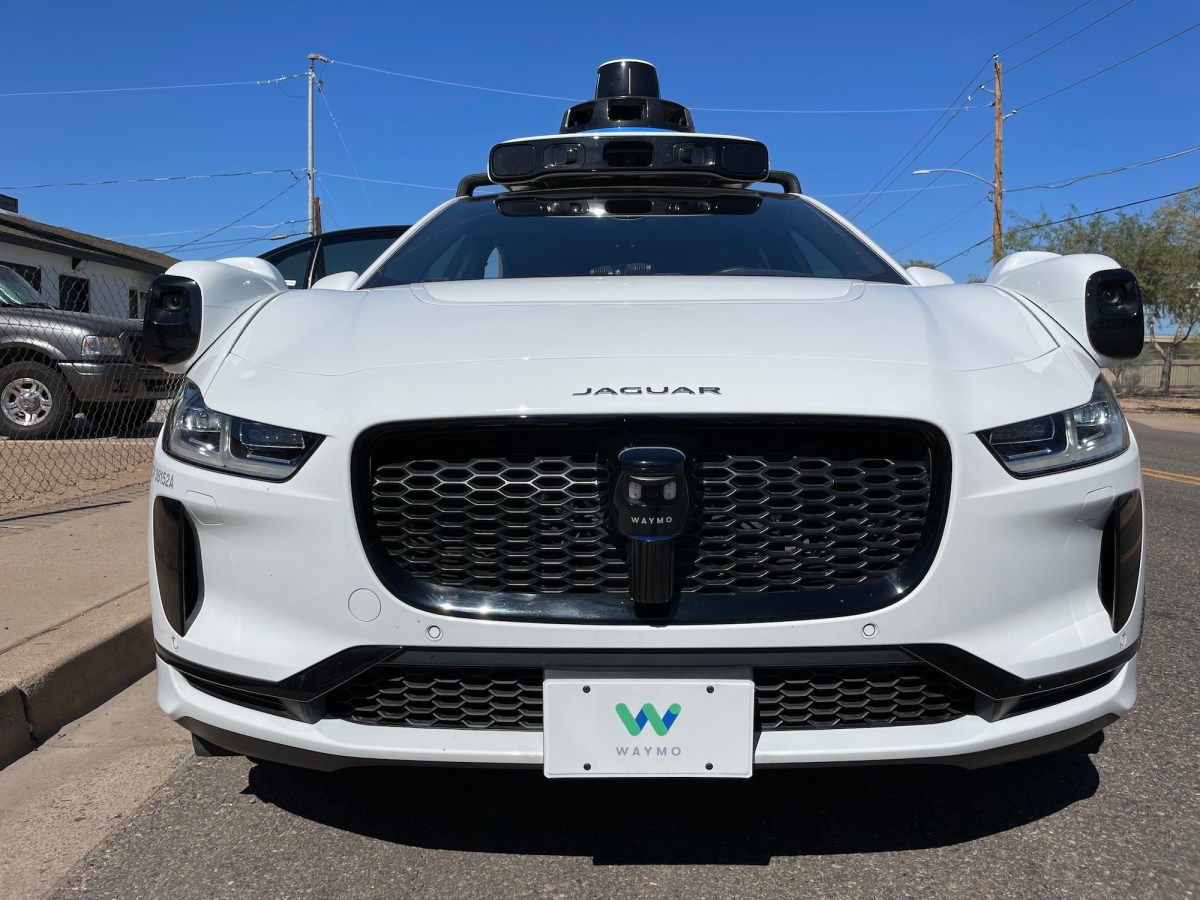The spotlight of hype has lit up many areas since autonomous driving had its own time in the sun, but progress in the technology is chugging along. It’s clear that the dream of not having to drive ourselves around is not dead, given the rising tallies of miles driven by bots, greater commercialization, and other headlines.
The Exchange explores startups, markets and money.
Read it every morning on TechCrunch+ or get The Exchange newsletter every Saturday.
 There’s a lot of good news to be found. Today, Chinese technology giant Baidu revealed an interesting set of datapoints regarding Apollo Go, it’s “autonomous ride-hailing service”:
There’s a lot of good news to be found. Today, Chinese technology giant Baidu revealed an interesting set of datapoints regarding Apollo Go, it’s “autonomous ride-hailing service”:
Apollo Go, Baidu’s autonomous ride-hailing service, provided around 660K rides in the first quarter of 2023, up 236% year over year and 18% quarter over quarter.
The company also reminded investors that Apollo Go was the first to receive permits in Beijing to “operate ride-hailing services with no driver or safety operator in the vehicles” this March.
So if we presume an average trip of, say, two miles (3.2 kilometers), Apollo Go racked up north of one million miles in the first quarter alone. That’s a lot of autonomous driving.
Baidu’s update follows other progress reports from self-driving car outfits: Cruise a couple of months ago said it had completed “one million fully driverless miles” in the 15 months since it started offering fully driverless rides.
We also covered Cruise’s geographic expansion earlier in May:
Cruise is rolling out its self-driving cars to more cities — specifically, to Houston and Dallas as it expands its Texas-based presence. Cruise already started testing its vehicles in Austin at the end of last year, and announced plans to begin testing its Origin built-for-purpose robotaxis there earlier in 2023.
Alphabet’s Waymo self-driving effort has also expanded its own operating area:
